Mehrab Norouzitallab
Who will accept my request? Predicting response of link initiation in two-way relation networks
Dec 21, 2020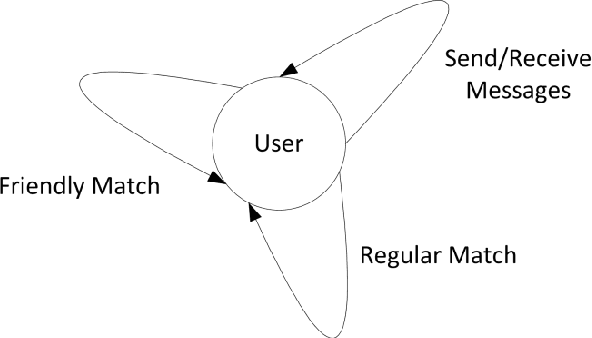

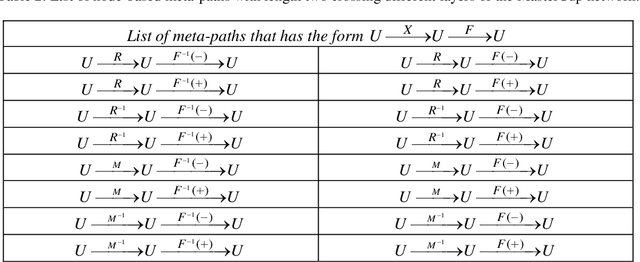
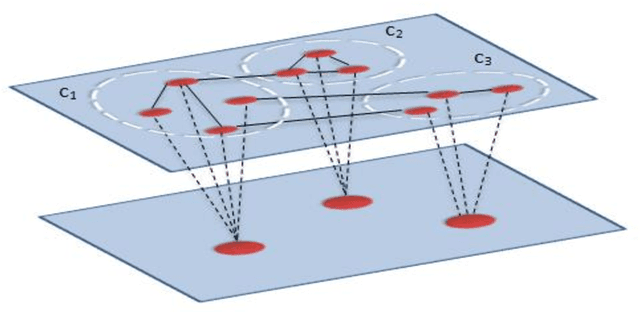
Abstract:Popularity of social networks has rapidly increased over the past few years, and daily lives interrupt without their proper functioning. Social networking platform provide multiple interaction types between individuals, such as creating and joining groups, sending and receiving messages, sharing interests and creating friendship relationships. This paper addresses an important problem in social networks analysis and mining that is how to predict link initiation feedback in two-way networks. Relationships between two individuals in a two-way network include a link invitation from one of the individuals, which will be an established link if it is accepted by the invitee. We consider a sport gaming social networking platform and construct a multilayer social network between a number of users. The network formed by the link initiation process is on one of the layers, while the other two layers include a messaging relationships and interactions between the users. We propose a methodology to solve the link initiation feedback prediction problem in this multilayer fashion. The proposed method is based on features extracted from meta-paths, i.e. paths defined between different individuals from multiples layers in multilayer networks. We proposed a cluster-based approach to handle the sparsity issue in the dataset. Experimental results show that the proposed method can provide accurate prediction that outperforms state-of-the-art methods.
A Framework for learning multi-agent dynamic formation strategy in real-time applications
Aug 01, 2014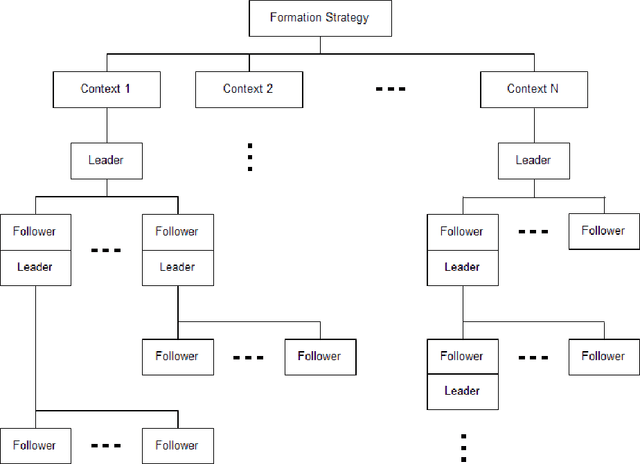
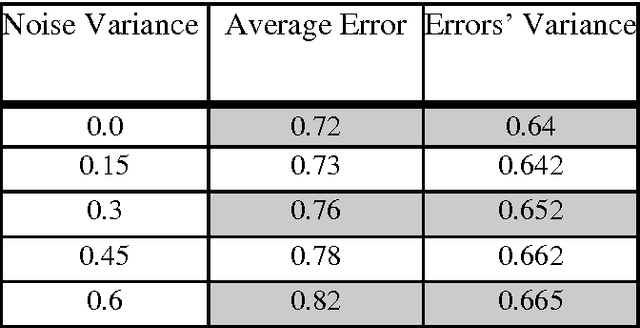
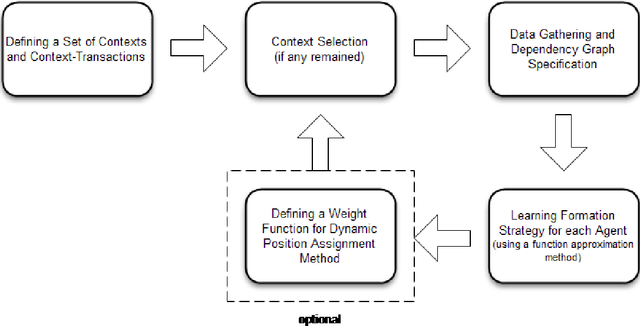
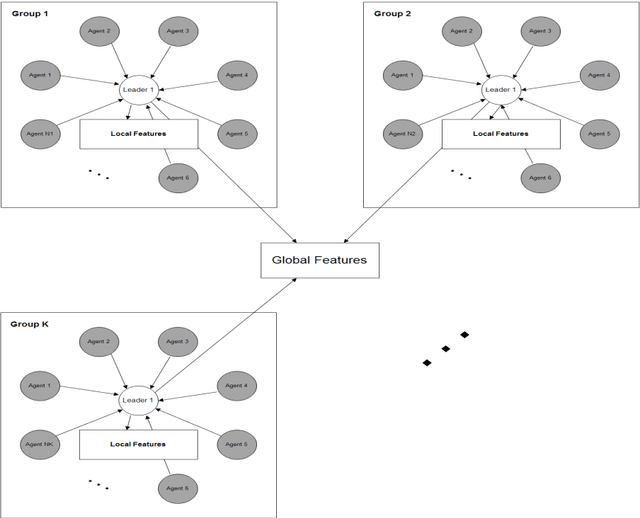
Abstract:Formation strategy is one of the most important parts of many multi-agent systems with many applications in real world problems. In this paper, a framework for learning this task in a limited domain (restricted environment) is proposed. In this framework, agents learn either directly by observing an expert behavior or indirectly by observing other agents or objects behavior. First, a group of algorithms for learning formation strategy based on limited features will be presented. Due to distributed and complex nature of many multi-agent systems, it is impossible to include all features directly in the learning process; thus, a modular scheme is proposed in order to reduce the number of features. In this method, some important features have indirect influence in learning instead of directly involving them as input features. This framework has the ability to dynamically assign a group of positions to a group of agents to improve system performance. In addition, it can change the formation strategy when the context changes. Finally, this framework is able to automatically produce many complex and flexible formation strategy algorithms without directly involving an expert to present and implement such complex algorithms.
 Add to Chrome
Add to Chrome Add to Firefox
Add to Firefox Add to Edge
Add to Edge